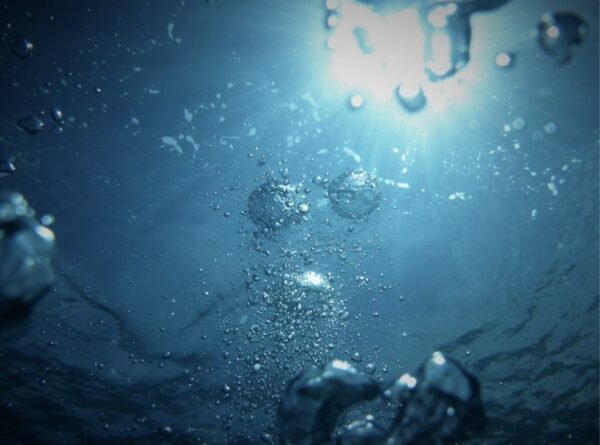
The quest for purity in industrial water use is relentless, driven by the need for precision, efficiency, and longevity in various applications. Deionized water, free from ions such as calcium, chloride, and iron, becomes an indispensable resource in this pursuit. It is critical in industries ranging from pharmaceuticals to electronics, where water purity can profoundly affect product quality. Below, we delve into the myriad advantages deionized water systems bestow upon the industrial sector. Keep reading to understand why adopting these systems can be transformational for industrial processes.
Enhancing Equipment Longevity With Deionization
The life span of industrial equipment is greatly influenced by the types of fluids that pass through it. Hard water, laden with minerals, can lead to scaling, corrosion, and other debilitating effects. By employing these water systems, industries can sidestep these concerns, preserving the integrity and extending the operational life of their machinery. An expert may give you drinking water guides on how you can maintain clean and safe water.
Consistent use of deionized water means fewer shutdowns for maintenance and cleaning, leading to uninterrupted productivity. When equipment runs smoothly without the hindrances of mineral buildup, industries can also look forward to optimal performance and reduced energy consumption. Thus, deionization systems serve not only as purifiers but as a means to enhance efficiency.
Another direct benefit of deionized water is the protection of sensitive components, particularly in the electronics industry. Without the threat of ion-related short circuits or corrosion, high-tech equipment can operate at its best. This reliability is essential in a landscape where even microscopic contaminants can lead to costly failures.
Achieving High Precision and Consistency in Manufacturing with Deionized Water
In manufacturing, where precision is synonymous with quality, deionized water is non-negotiable. The exacting nature of industries such as semiconductor manufacturing, where even minute impurities can render a component useless, underscores the value of deionization. It provides a controlled, consistent baseline free from unpredictable variables like varying mineral content.
The assurance of consistency extends to product finishing. For example, in automotive painting, deionized water ensures no deposits are left on surfaces, leading to flawless paint applications. The absence of such contaminants is crucial for achieving a professional and durable finish that meets consumer expectations and industry standards.
Not to be overlooked is the pharmaceutical industry, where compromise on purity can equate to serious health ramifications. Deionized water is fundamental here, used as a solvent to produce medications that are both safe and effective. It satisfies stringent regulatory requirements, ensuring that products reach the market without delay or legal repercussions.
Cost Efficiency in Industrial Operations
The long-term cost savings associated with water systems are substantial. By reducing the frequency of equipment repairs and replacements due to mineral damage, industries can allocate their resources to other revenue-generating activities. The operational cost benefits become pronounced over time, reflecting positively on a company’s bottom line.
Furthermore, the efficiency of deionized water in industrial processes minimizes waste generation. With less need for chemical additives to mitigate the effects of hard water, companies can curtail their spending on consumables while also simplifying their process controls. It streamlines operations, leading to a leaner and more cost-effective workflow.
The adoption of on-site deionized water production can also translate to economic benefits. Instead of relying on external suppliers, industries can take control of their water purification needs. This self-sufficiency reduces logistical challenges and associated costs, providing a significant return on investment for the installation of deionization systems.
By enhancing both production quality and yield, these water systems contribute to the profitability of industrial ventures. Higher yields of quality products result in a more competitive market presence and increased customer satisfaction, thus driving sales and revenue growth for businesses.
Altogether, the implementation of deionization for water systems in industrial settings delivers both economic and environmental blessings. Overall, it’s an investment in the future of industry operations, marked by efficiency, sustainability, and the relentless pursuit of quality.
